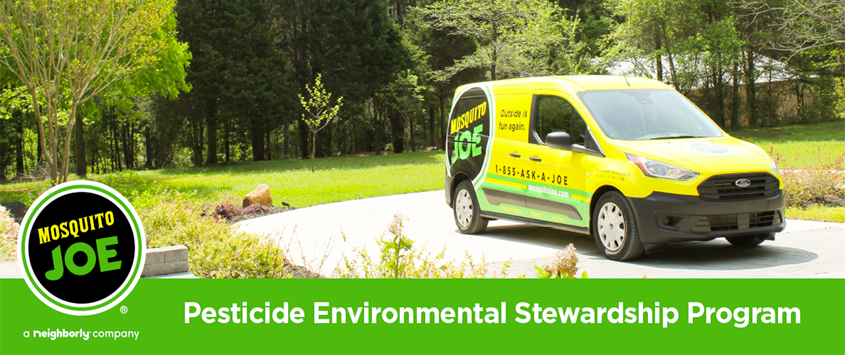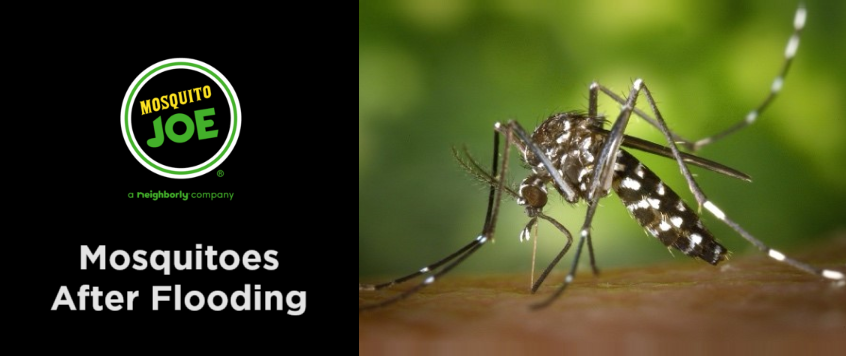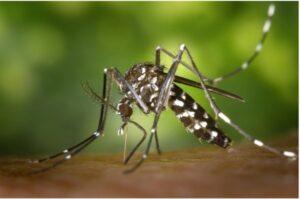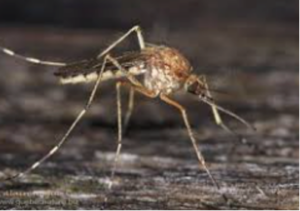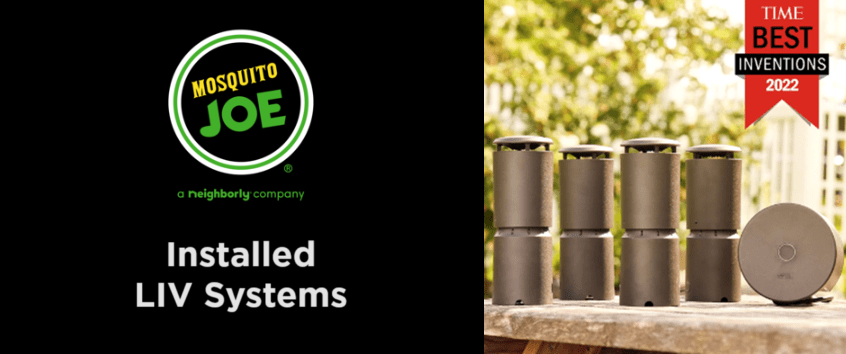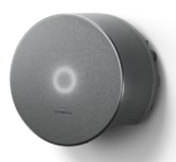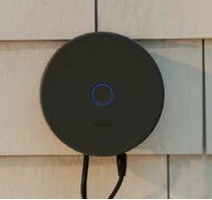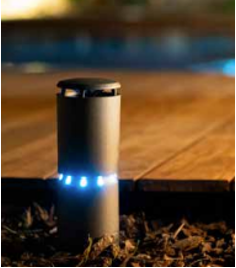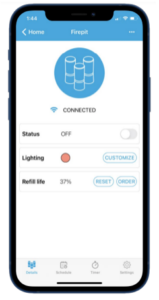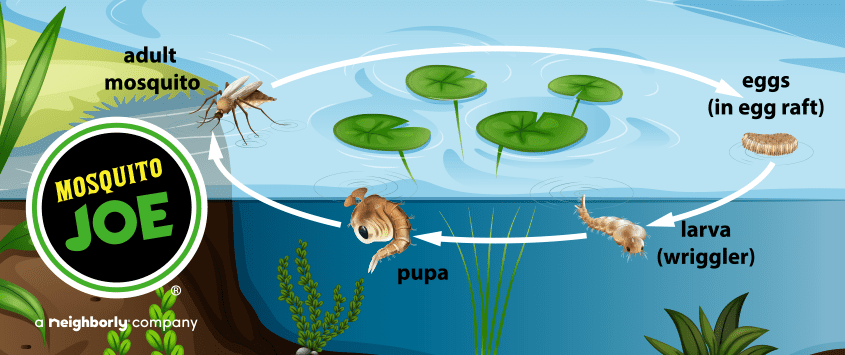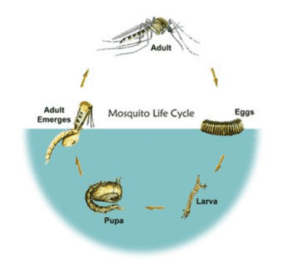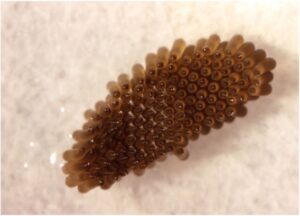Pesticide Environmental Stewardship Program
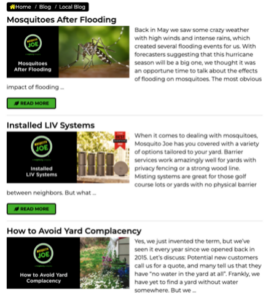 Over the last 9 years, we have written monthly about mosquitoes and other biting insects that can cause you issues in your yard, offering insight and suggestions on how to make things better for yourself. After approximately 108 blog posts you wouldn’t think that there was anything left to say. But that’s what is so fascinating about the battle between humans and mosquitoes/fleas/biting midges/ticks and more. It is ever-evolving.
Over the last 9 years, we have written monthly about mosquitoes and other biting insects that can cause you issues in your yard, offering insight and suggestions on how to make things better for yourself. After approximately 108 blog posts you wouldn’t think that there was anything left to say. But that’s what is so fascinating about the battle between humans and mosquitoes/fleas/biting midges/ticks and more. It is ever-evolving.
We recognize the importance of insects in our world. Their contributions are immense, and without them, the pollination of our plants and flowers would not occur. But as humans, we also want to reclaim our spaces to enjoy and keep our crops safe from destruction. Maintaining homeostasis while controlling our insect populations is not easy, but thankfully gone are the days of killing everything in sight in a bid to reclaim our land. We also recognize the need to protect your loved one’s health from the diseases carried by mosquitoes (EEE, West Nile and many more).
Mosquito Joe is focused on making your outside fun again while leaving as small a footprint as possible. This is why we rely on a lot of all-natural products, such as garlic and natural oils, to control insects in your yard. Our job is to remove as many mosquitoes from your yard as possible while minimizing our impact on the beneficial insects.
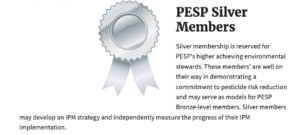

As science evolves and new methods of mosquito control are discovered, Mosquito Joe is always listening and implementing all the tools available to us. We want our customers to enjoy their outside spaces, but to also protect those outside spaces from poorly thought-out applications that can do more harm than good. We offer our customers the choice of an all-natural service, a botanical service, or a combination service. We will continue to strive to do the right thing in all things – for our customers, for their yards, and for the environment. If you want to learn more about this program you can visit https://www.epa.gov/pesp and if you have questions about our approach to mosquito control don’t hesitate to give us a call at 281-815-0228.
 Outside is fun again.
Outside is fun again.
